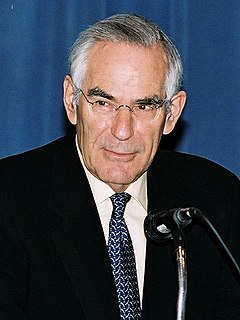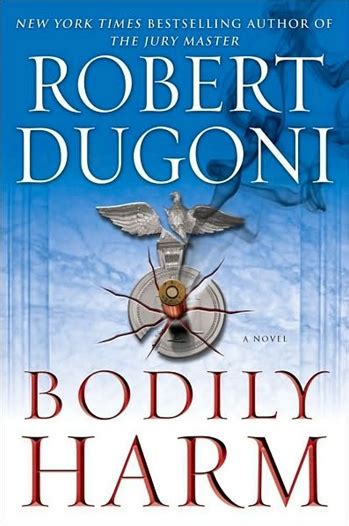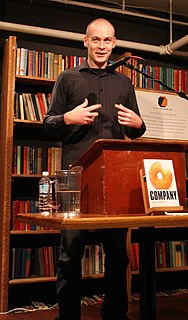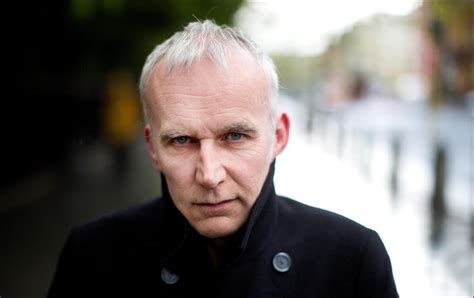A Quote by Tawni O'Dell
I'm a novelist, and I'm a woman, and I'm considered to be a serious author whether I like it or not.
Related Quotes
Whether the author intended a symbolic resonance to exist in her book is irrelevant. All that matters is whether it's there. Because the book does not exist for the benefit of the author, the book exists for the benefit of YOU. If we as readers can have a bigger and richer experience with the world as a result of reading a symbol and that symbol wasn't intended by the author, WE STILL WIN.
Someone from the Internet Writing Workshop sent me a link to the Gender Genie, where you paste in a section of text and it uses an algorithm to detect whether the author is male or female. Or, if you're an author, you can tell whether you're really nailing your opposite-sex characters. I mean, nailing their dialog.
The seriousness or otherwise of the subject matter is often irrelevent to the question of whether a book is any good. F Scott Fitzgerald wrote a great and beautiful novel which mainly involved shallow people going to parties in a rich guy's house. By contrast, all sorts of terrible books are published every month about men slaughtering people for no reason - a serious matter which, in itself, does not make the author worthy of serious consideration.
In terms of style, I think the memoirist should have a novelist's skill and all the elements of a novelist's toolbox. When I read a memoir, I want to really, deeply experience what the author experienced. I want to see the characters and hear the way they speak and understand how they think. And so in that way, writing a memoir feels similar to writing a novel.
Biblically defined marriage is a man and a woman for life, and so anything different than that is not God's ideal whether it be polygamy, whether it be divorce, whether it be a marriage between a man and a man or a woman and a woman. The ideal would be a man and a woman under a covenant of God's blessing.







































